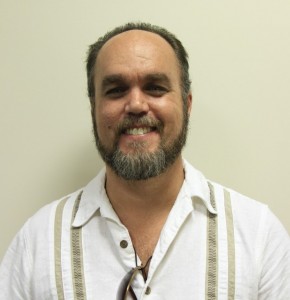 Prisons, contrary to a common trope, are not full of innocent men. Most people there do not spend all of their time trying to convince one another, the staff, or anyone else that they shouldn’t be there. Much more common are assertions of misconduct on the part of the police and prosecutors. They often break the rules to obtain evidence, confessions, and convictions, at least according to those who end up behind bars.
Prisons, contrary to a common trope, are not full of innocent men. Most people there do not spend all of their time trying to convince one another, the staff, or anyone else that they shouldn’t be there. Much more common are assertions of misconduct on the part of the police and prosecutors. They often break the rules to obtain evidence, confessions, and convictions, at least according to those who end up behind bars.
This isn’t surprising really. Police and prosecutors have a hard job to do, and at the end of the day they are evaluated on whether or not they “win” in the war against crime. Sometimes they win not only against the guilty, but against the innocent as well. Conservative commentator Stacy Rush cites “The Complicity of Judges in the Generation of Wrongful Convictions” in her March column about the case of Ryan Ferguson: “A person’s innocence is discounted by judges (upon appeal) because it is not a constitutional issue.” Strange as it may seem, a claim of innocence doesn’t count for much, even if evidence is presented to support such a claim.
Ferguson, convicted in 2005 for the 2001 murder of a Missouri reporter, has maintained his innocence from the beginning. As covered by ABC News, the case against Ferguson, who was 17 at the time of the crime, has begun to “fall apart.” His conviction rested not on any physical evidence, but on the testimony of a friend and a janitor, both of whom have admitted to perjury in the case.
Portions of the initial police interview show the interrogator leading Ryan’s friend down the path toward confession, constantly feeding him information that would later factor into his testimony against Ferguson. Ryan’s testimony, on the other hand, shows him denying any part in the murder. The friend claimed to have forgotten the murder, then to remember it in a series of dreams several years later.
Other troubling facts include the janitor’s identification of Ryan some three years after the murder, even though immediately following the case he stated that he couldn’t identify the perpetrators.
Because of these “extraordinary” circumstances there is hope that Ryan’s case will be reheard, and that either prosecutors will forego another trial or that the truth will be discovered if there is another trial. In their zeal to win and put the case behind them prosecutors and law enforcement went too far, allowing shoddy evidence to be used to put away an innocent boy.
According to the Innocence Project, estimates of how many innocent people are incarcerated vary from 2.3 to 5 percent. This is a pretty low percentage perhaps, until we consider that, according to the Sentencing Project, some 2.2 million people are behind bars. That translates to between 50,200 and 110,000 human beings wrongfully imprisoned in our nation. This is a remarkable conclusion, and one that deserves more attention.
So, in the context of tens of thousands of victims of the criminal justice system, Ryan’s case is only a drop. However, if there is to be any hope of widespread justice, his case, and many others, will have to be heard, one at a time.